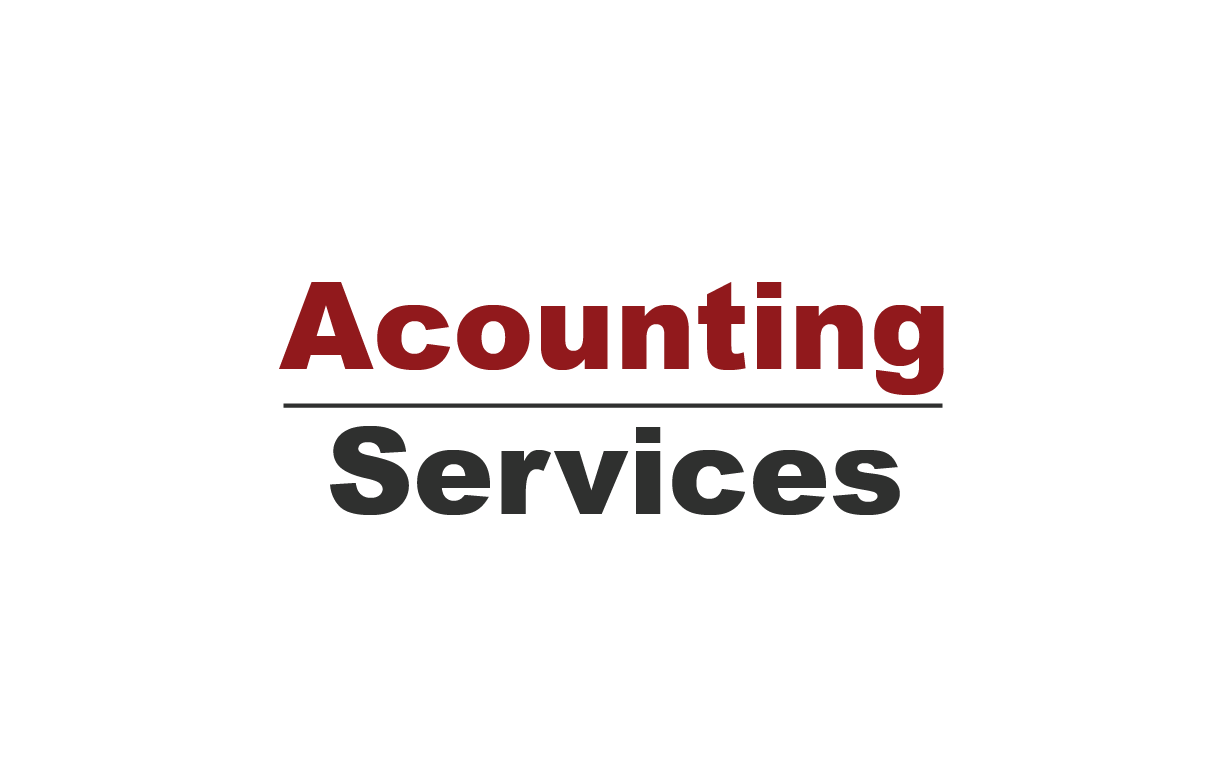Accounting and Financial Reporting in UAE: Shedding Light on the Essentials
Oct 22, 2023 / Financial Reporting

Understanding accounting and financial reporting in UAE may seem complex at first. Don’t fret, though! I am here to simplify it for you, so let’s dive right in!
What Accounting Standard Does the UAE Follow?
UAE companies generally adhere to International Financial Reporting Standards (IFRS), which serve as the accounting rules here. Until two years ago, Islamic financial Institutions followed Financial Accounting Standards set by the Accounting and Auditing Organisation for Islamic Financial Institutions (AAOIFI), but now IFRS reigns supreme.
Breaking Down Components of IFRS Financial Reporting
Financial reporting under International Financial Reporting Standards in the UAE necessitates careful attention to several components.
1. Statement of Financial Position (Balance Sheet)
A company’s balance sheet offers an objective overview of its finances. Consider it their identity card – outlining assets and liabilities, such as payables to tax obligations spanning current and long-term liabilities.
2. Income Statement
An Income Statement displays a company’s performance over a specific timeframe and shows its profits or losses. It can be presented either way, including component profits/losses, while the second shows total income/losses.
3. Statement of Changes in Equity
This statement documents changes in an entity’s equity over a specified time period, from the beginning to end of an accounting period, by showing changes from profit-and-loss statements as well as transactions related to owners contributions or distributions that do not alter control while dividends per share can also be determined and announced here.
4. Statement of Cash Flow
Money flow is vital in business. It demonstrates how easily an operation can cope with daily operations and purchases of equipment, among other areas of investment and financing activities. Cash flow statements typically break out into three sections:
- Cash Flow from Operating Activities
- Cash flow from Investing Activities
- Cash flow from Financing Activities
What Is Financial Reporting in UAE?
Financial reporting in UAE results from a practical accounting process and provides invaluable data that aids external parties when investing, merging or merging businesses, mergers or acquisitions, and more. In the UAE, most firms adhere to an International Financial Reporting Standards format for reporting. Not just private organizations use this standard; even government organizations follow it, too.
Different Types of Financial Reporting in UAE
Now, let’s discuss different forms of financial reporting in UAE:
1. Financial Statements
Financial statements – balance sheets, income statements, cash flow statements, and shareholder equity statements – are an indispensable requirement during any statutory audit in the UAE.
2. Board of Director Report
This one’s for companies with an organizational hierarchy. It offers an in-depth examination of performance and decision-making within your business.
3. Management Decisions & Analysis Report
It serves as a historical diary for your organization by documenting decisions made, competitive analyses conducted, market analyses performed, and market research projects carried out over time.
4. Audit Report
Auditors in Dubai must adhere to government requirements when performing audits; an independent report provides close oversight over finances.
5. Corporate Governance Report
This report holds the company accountable for decisions, management, and employees within its scope of accounting and auditing standards.
6. Notes to Accounts
These provide additional insights into a company’s accounting policies and procedures – whether internal or external audit reports contain such insights.
7. Prospectus
Here, all financial analysis reports are revealed for investors and stakeholders to see an accurate picture of a company’s finances.
Impact and Relevance
Financial reporting in UAE goes beyond numbers on paper. It is integral in upholding transparency within a company’s finances, inviting the government and investors to scrutinize transactions while discouraging fraud or irregularities. Companies must navigate complex tax regulations while maintaining high levels of accountability while reporting.
Conclusion
Accounting and financial reporting in UAE create the foundation of any company’s finances, so adhering to International Financial Reporting Standards (IFRS) while upholding transparent, robust reporting practices is imperative to staying ahead of competitors in an ever-evolving landscape.
But remember: you are also here with an opinion, and I would welcome hearing yours! Feel free to post any thoughts and queries here so we can work together towards understanding financial matters better!
About Us
We save your time, resources, and costs. Whether you need help with Outsourced Accounting, Finance, Tax, Employee Management & Payroll, or ERP & E-Commerce Integration. we have the expertise and solutions to help.
Subscribe to mailing list
About Us
We deliver more than just standard accounting services. We provide a full range of financial services, such as auditing, bookkeeping, tax preparation, and advisory services. Our customised approach ensures that we offer our services to meet your specific requirements, assisting you in successfully and efficiently achieving your financial goals.
We are focused on helping businesses of all sizes operate in Dubai's complex economic environment. We stand for ethics, accessibility, and professionalism. Choose our company for all of your accounting needs, and let us be your success partner. To learn how we can support your financial path, get in touch with us right away.
FOLLOW US
Copyright © 2022 | accounting service | All Rights Reserved.
